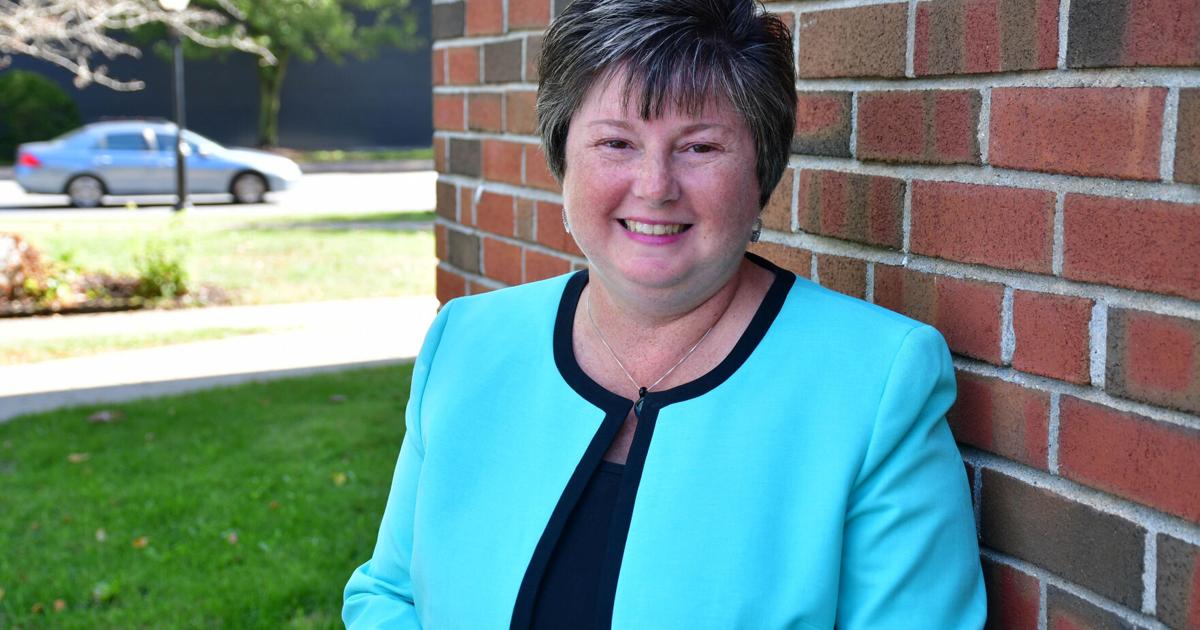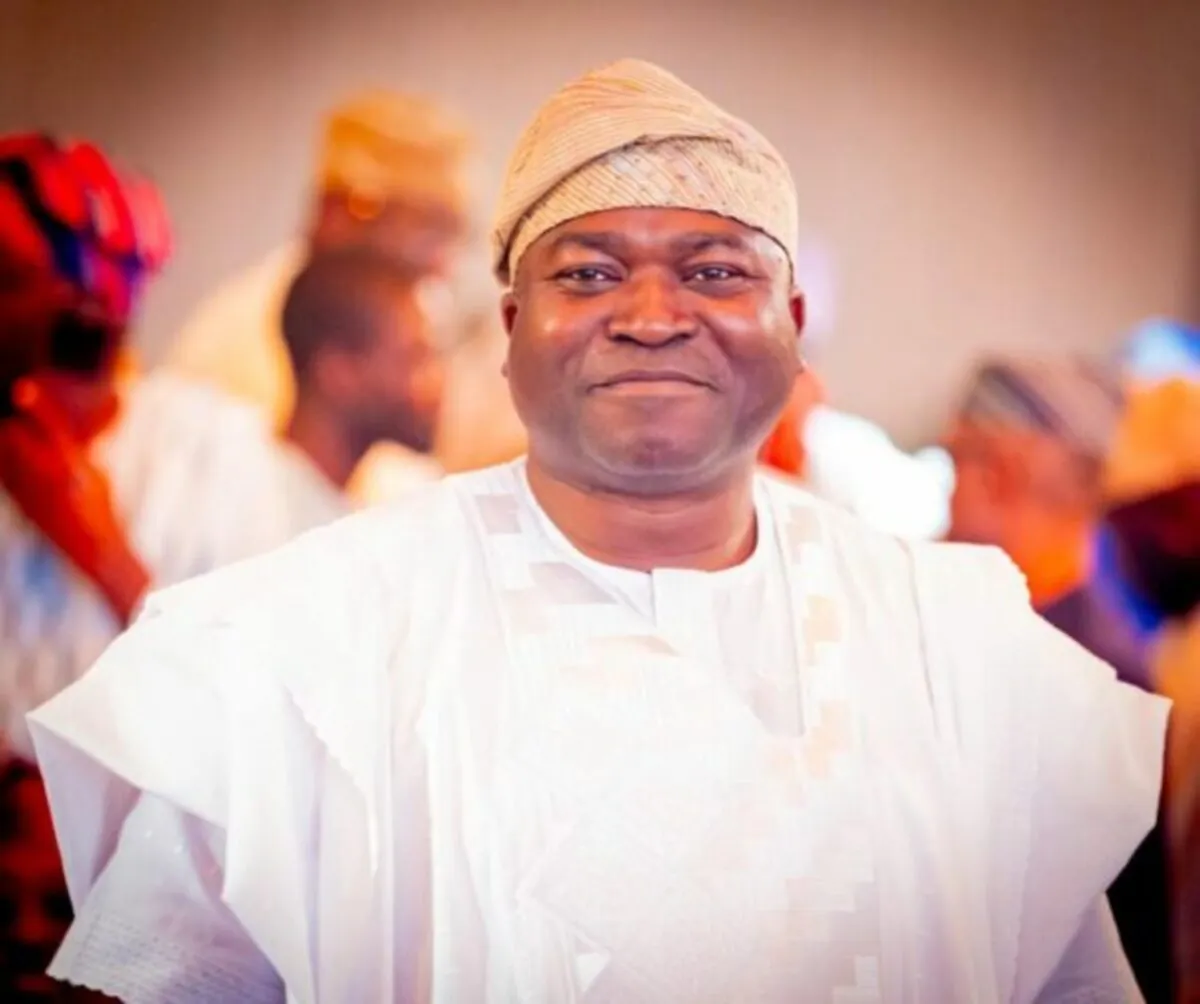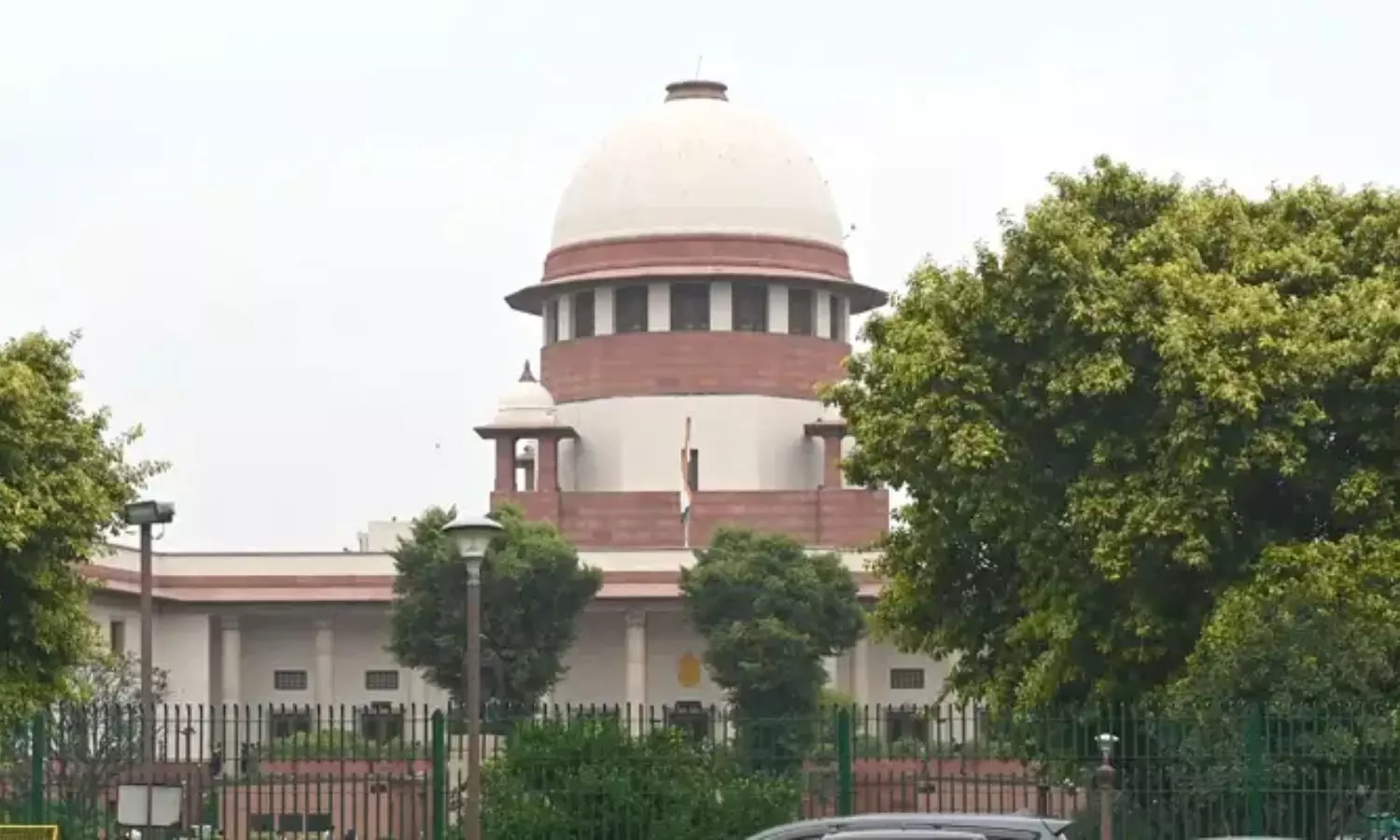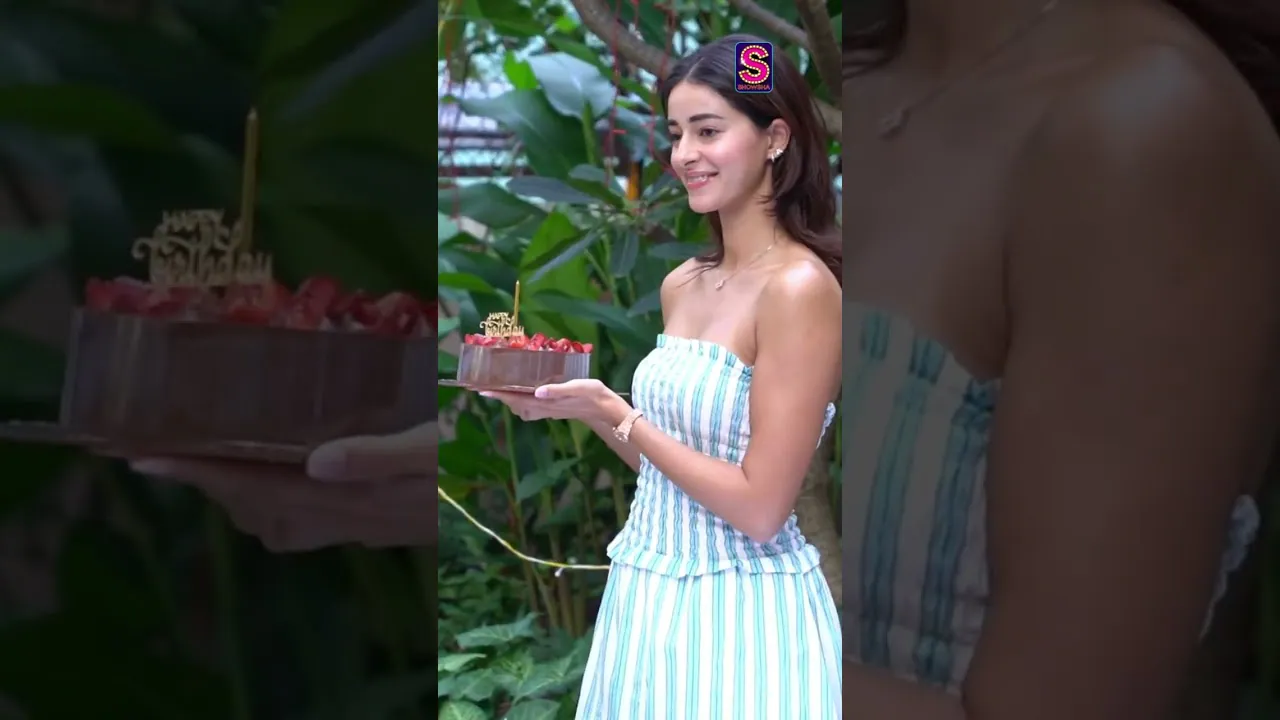Copyright abc
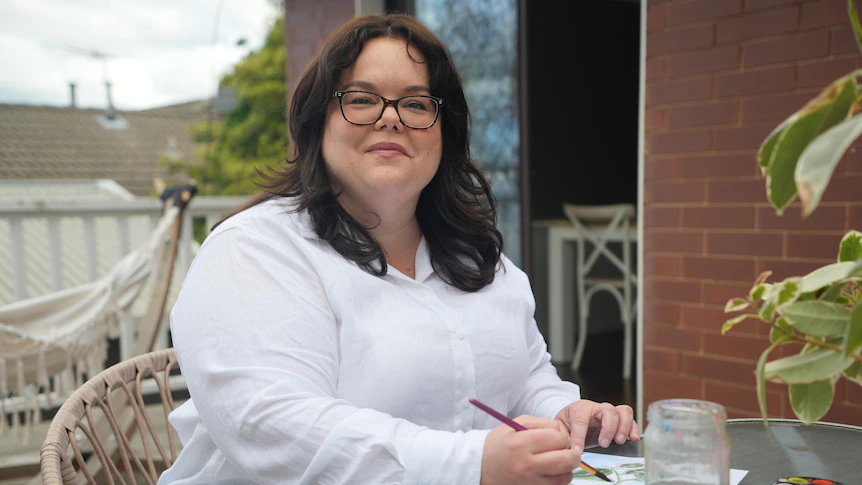
At eight years old, Mirriam Francis remembers locking herself in the bathroom to avoid "auditing" — a series of intense interviews in which she was asked intrusive and sexual questions. Fighting back tears, she recounted these sessions and her experiences within the Church of Scientology at a parliamentary inquiry this week. "I lied and said I needed to pee. I ran the water in the sink while she knocked," she said. "I lied and said I was hungry. She came back with pieces of cheese. During auditing, which Scientologists say is about discarding "spiritual disabilities", an interviewee holds cans connected to a meter that measures small electrical changes. The church says this helps an auditor to identify a person's thoughts, emotions and past experiences. Ms Francis was born into Scientology in Sydney in 1984. At the age of five, Ms Francis was moved to Los Angeles, where she says she lived in a Scientology facility with other children. She called it "institutionalised care" — children sleeping on bunks or on the floor with limited adult supervision. "I know what it is to be treated as an adult in a small body," she said. "To bear adult expectations, to face adult exposures and to have adult experiences." Returning to Australia in 2001 at the age of 17, she spent about a decade volunteering with the church before leaving in her mid-20s. She has now given evidence to the Victorian parliament's inquiry into the recruitment methods and impacts of cults and organised fringe groups. The inquiry is considering whether stronger laws are needed to deal with groups that "use manipulation or control". "The inquiry is not about judging anyone's beliefs — it's about protecting people from harm," the inquiry said on its website Scientology is a recognised religion and registered charity in Australia, meaning it does not have to pay income tax on profits. This is something Ms Francis — now a director of the Olive Leaf Network, which supports people leaving high-control religious groups — would like changed. "When the federal government supports the financial benefits from these activities, this is not negligence," she said. "It is complicity. This is institutional child abuse backed by this country." The Church of Scientology has previously responded to questions from the ABC by saying Ms Francis joined the church staff of her own choosing and left of her own choosing. Growing up in the Children of God Maria Esguerra, another director of the Olive Leaf Network, also addressed the inquiry. She is a registered psychologist with training in cultic abuse, coercive control and complex trauma. She was born into the Children of God church, now known as The Family International. Like Ms Francis, she also wants a greater focus on child safety in religious groups. "The committee must maintain a clear distinction between adults and children through this inquiry, recognising children's particular rights, protections and vulnerabilities," she said. "I was born an Australian citizen, yet I was raised with no access to the rights and protections I should have been afforded." Ms Esguerra told the inquiry she had no access to education, vaccinations or medical treatment when she was a child. "I broke my nose and never saw a doctor," she said. "I suffered many childhood illnesses and even my basic need for glasses wasn't addressed. I had debilitating migraines growing up." The inquiry's public hearings have been running since July, with multiple witnesses reporting a lack of public understanding about these religious groups. Ms Esguerra said within her former church, sex was called "sharing" — posing a risk that if a child reported to police that someone had shared with them, authorities might not know they were reporting an assault. She also alleged that within the church, sexual assault was deemed as Godly or the fault of the child. "My mother told me to pick my nose to turn off a perpetrator rather than intervening," she said. In a 2023 statement to the ABC's Believing in Australia TV series, The Family International said it "has had a zero-tolerance policy in place for nearly four decades for the protection of minors, and is diametrically opposed to the abuse of minors in any form." It also said it has issued official apologies on several occasions to anyone who was hurt in any way during their membership. Inquiry hears calls for stronger laws The inquiry has heard evidence from dozens of people, from representatives of churches to former members demanding changes to stop trauma in high-control groups. But inquiry members have questioned how best to do that without impinging on religious freedoms. For many, it comes down to definitions of what a cult is and how to define coercive control. MP and inquiry member Jackson Taylor said he would propose a national inquiry and a permanent independent watchdog, as well as lend his support to a new offence recognising group-based coercive control. New Zealand-based journalist and author Anke Richter has been investigating cults for a decade. She told the inquiry she wants shunning and group-based coercive control to be criminalised, helplines and safe transitional housing for people leaving cults, public awareness campaigns, and sustainable funding for grassroots organisations helping leavers. She pointed to Europe, where there are support services for cult leavers, including Austria's Society against Sect and Cult Dangers. "They are there to stop recruitment, to put up public information, to run information campaigns, to advise people who come and need support," she said. The committee will continue public hearings before releasing its findings in September next year.
